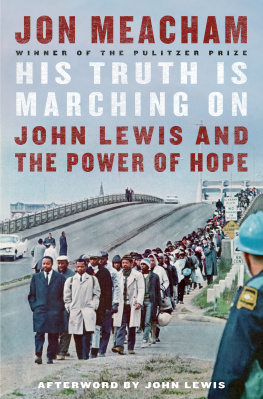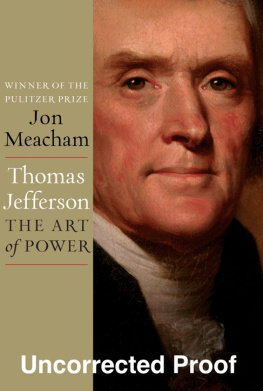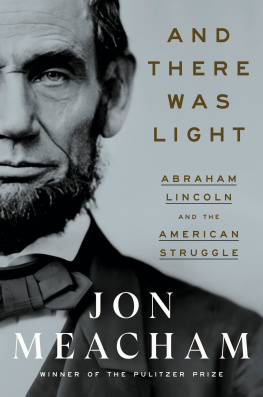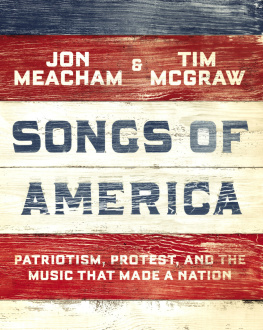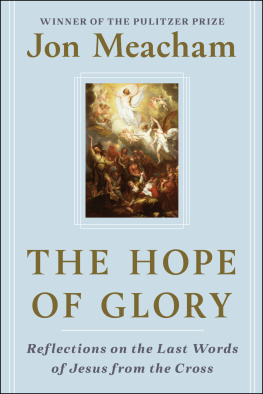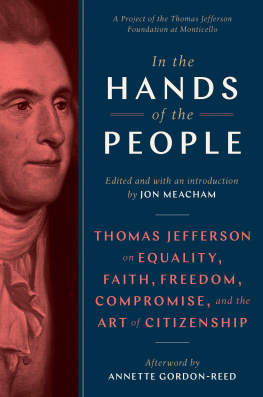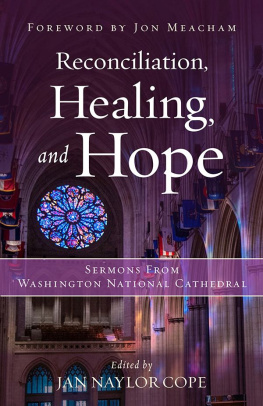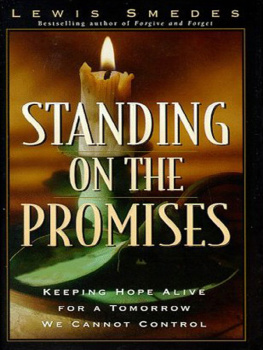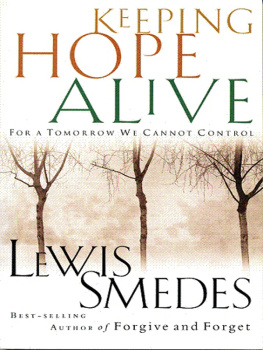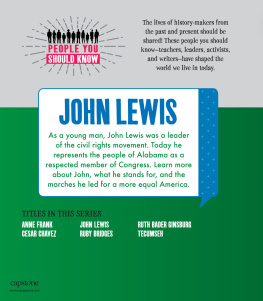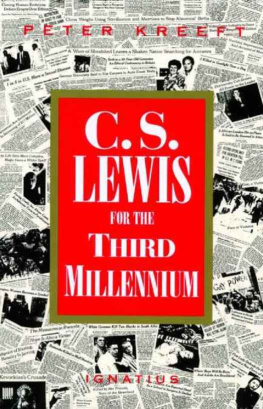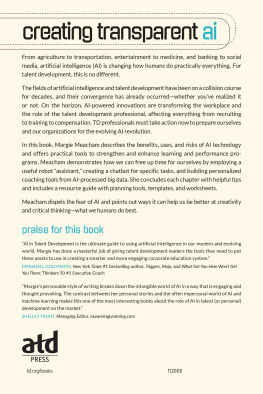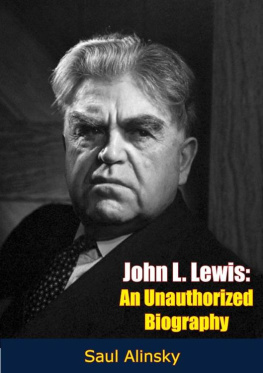Jon Meacham - His Truth Is Marching On: John Lewis and the Power of Hope
Here you can read online Jon Meacham - His Truth Is Marching On: John Lewis and the Power of Hope full text of the book (entire story) in english for free. Download pdf and epub, get meaning, cover and reviews about this ebook. year: 2020, publisher: Random House Publishing Group, genre: Religion. Description of the work, (preface) as well as reviews are available. Best literature library LitArk.com created for fans of good reading and offers a wide selection of genres:
Romance novel
Science fiction
Adventure
Detective
Science
History
Home and family
Prose
Art
Politics
Computer
Non-fiction
Religion
Business
Children
Humor
Choose a favorite category and find really read worthwhile books. Enjoy immersion in the world of imagination, feel the emotions of the characters or learn something new for yourself, make an fascinating discovery.
- Book:His Truth Is Marching On: John Lewis and the Power of Hope
- Author:
- Publisher:Random House Publishing Group
- Genre:
- Year:2020
- Rating:3 / 5
- Favourites:Add to favourites
- Your mark:
- 60
- 1
- 2
- 3
- 4
- 5
His Truth Is Marching On: John Lewis and the Power of Hope: summary, description and annotation
We offer to read an annotation, description, summary or preface (depends on what the author of the book "His Truth Is Marching On: John Lewis and the Power of Hope" wrote himself). If you haven't found the necessary information about the book — write in the comments, we will try to find it.
His Truth Is Marching On: John Lewis and the Power of Hope — read online for free the complete book (whole text) full work
Below is the text of the book, divided by pages. System saving the place of the last page read, allows you to conveniently read the book "His Truth Is Marching On: John Lewis and the Power of Hope" online for free, without having to search again every time where you left off. Put a bookmark, and you can go to the page where you finished reading at any time.
Font size:
Interval:
Bookmark:
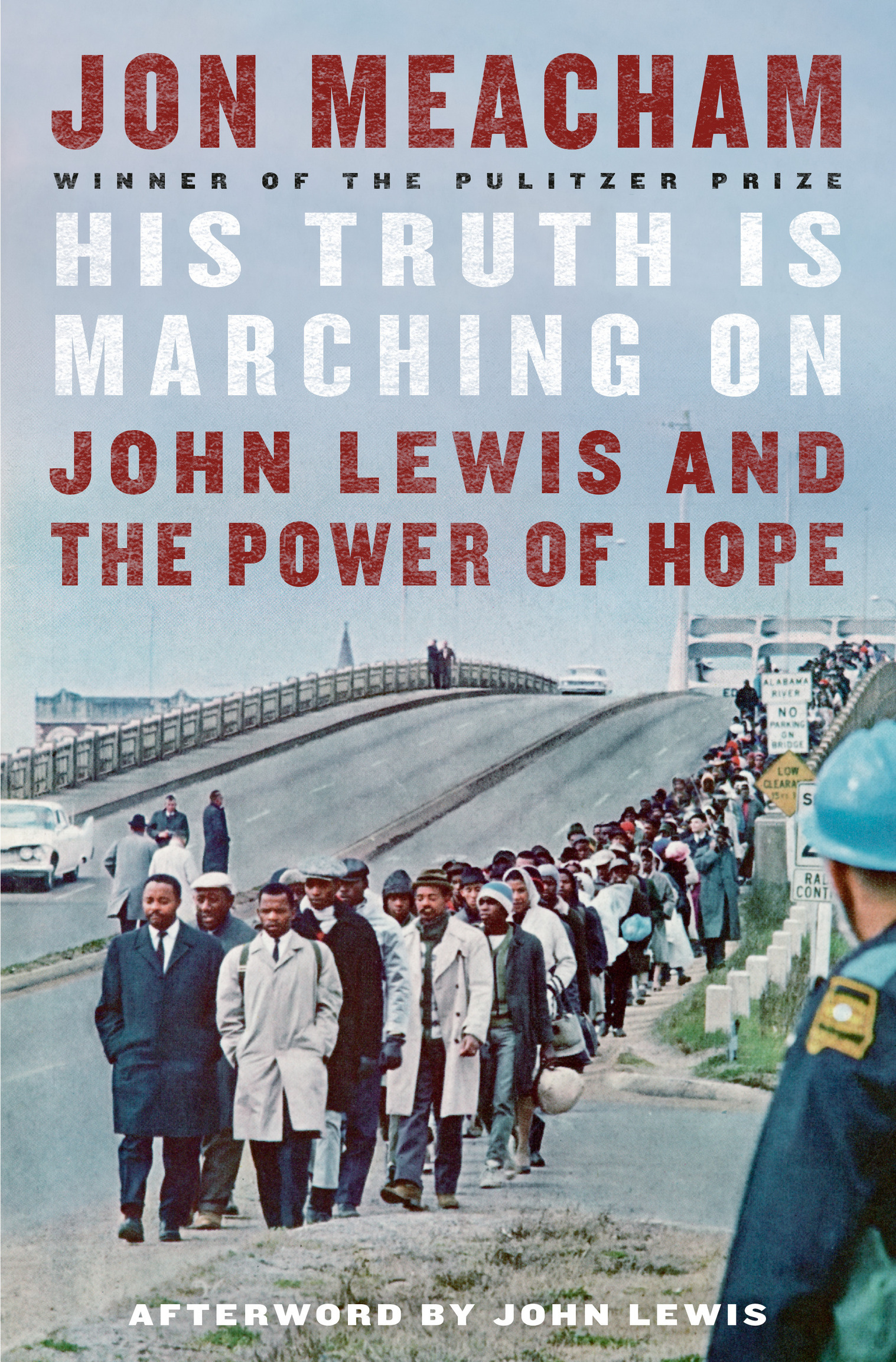
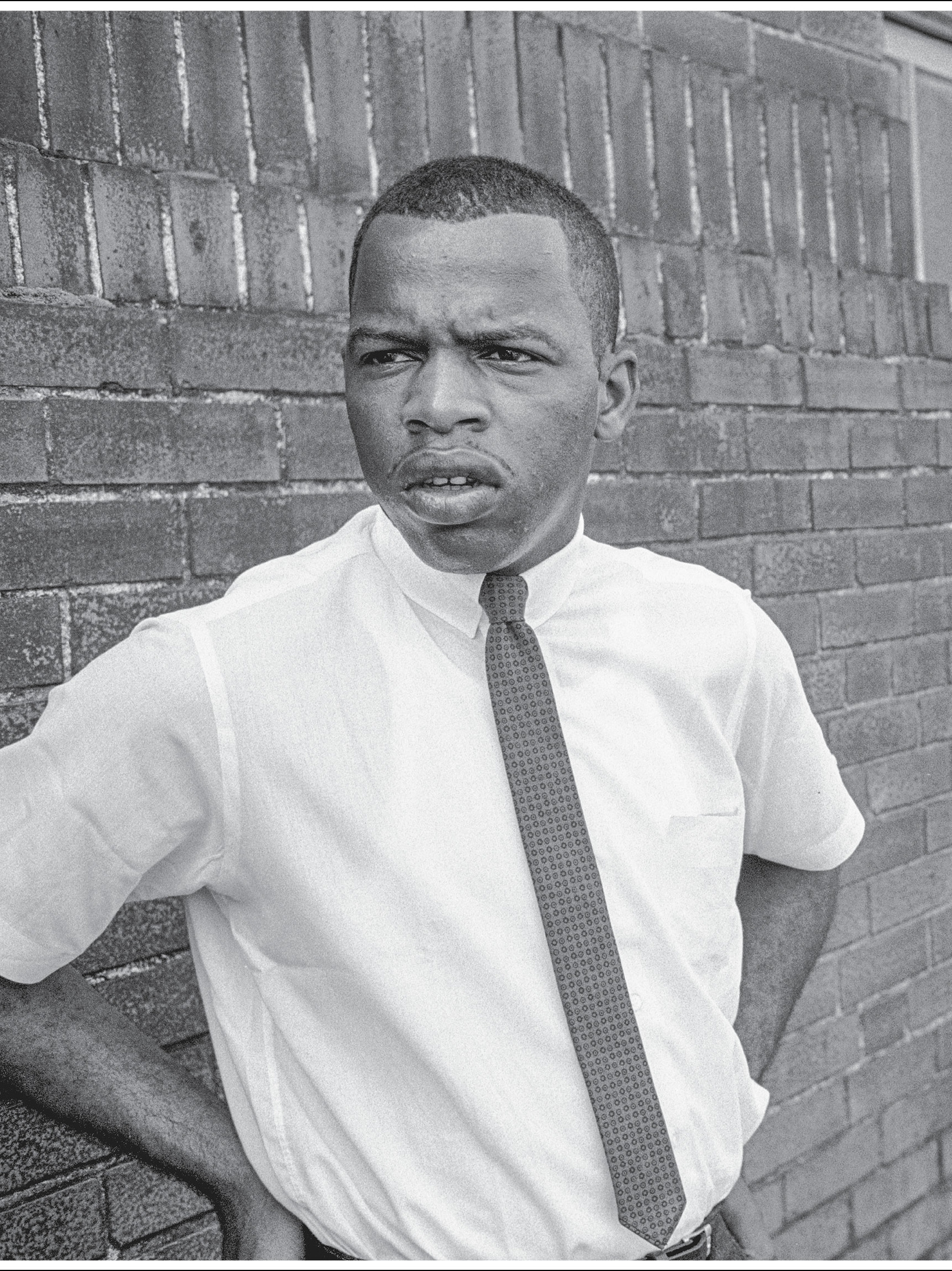
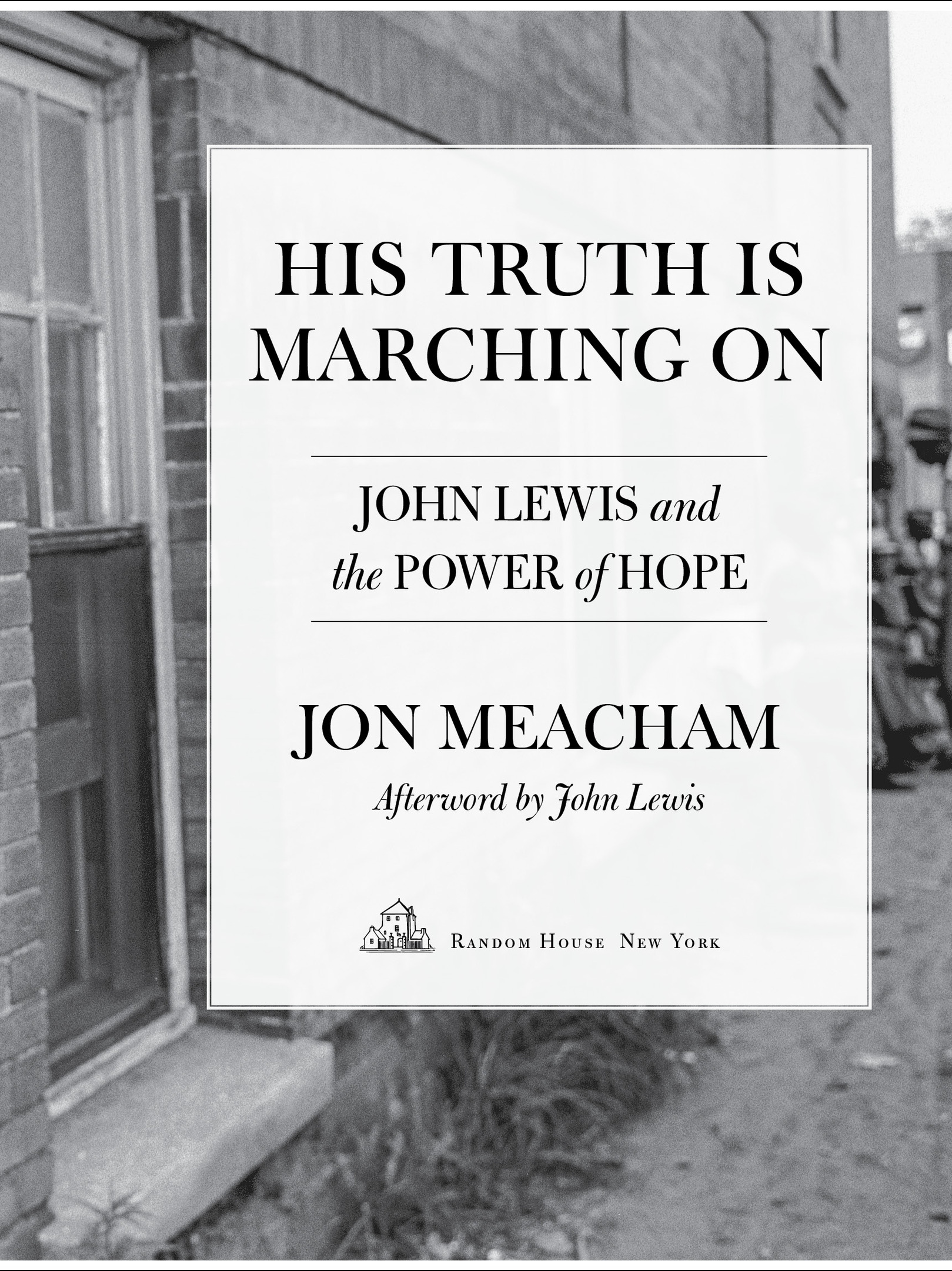
Copyright 2020 by Merewether LLC
Afterword copyright 2020 by the Estate of John Lewis
All rights reserved.
Published in the United States by Random House, an imprint and division of Penguin Random House LLC, New York.
R ANDOM H OUSE and the H OUSE colophon are registered trademarks of Penguin Random House LLC.
Grateful acknowledgment is made to The Heirs to the Estate of Martin Luther King, Jr., c/o Writers House, as agent for the proprietor for permission to reprint Pauls Letter to the American Christians by Dr. Martin Luther King, Jr., copyright 1965 by Dr. Martin Luther King, Jr., and copyright renewed 1993 by Coretta Scott King. Reprinted by arrangement with The Heirs to the Estate of Martin Luther King, Jr., c/o Writers House as agent for the proprietor.
Hardback ISBN 9781984855022
Ebook ISBN 9781984855039
randomhousebooks.com
Book design by Simon M. Sullivan, adapted for ebook
Cover design: Belina Huey
Cover photograph: Charles Moore/Getty Images
ep_prh_5.5.0_c0_r0
Also I heard the voice of the Lord, saying, Whom shall I send, and who will go for us? Then said I, Here am I; send me.
T HE B OOK OF I SAIAH
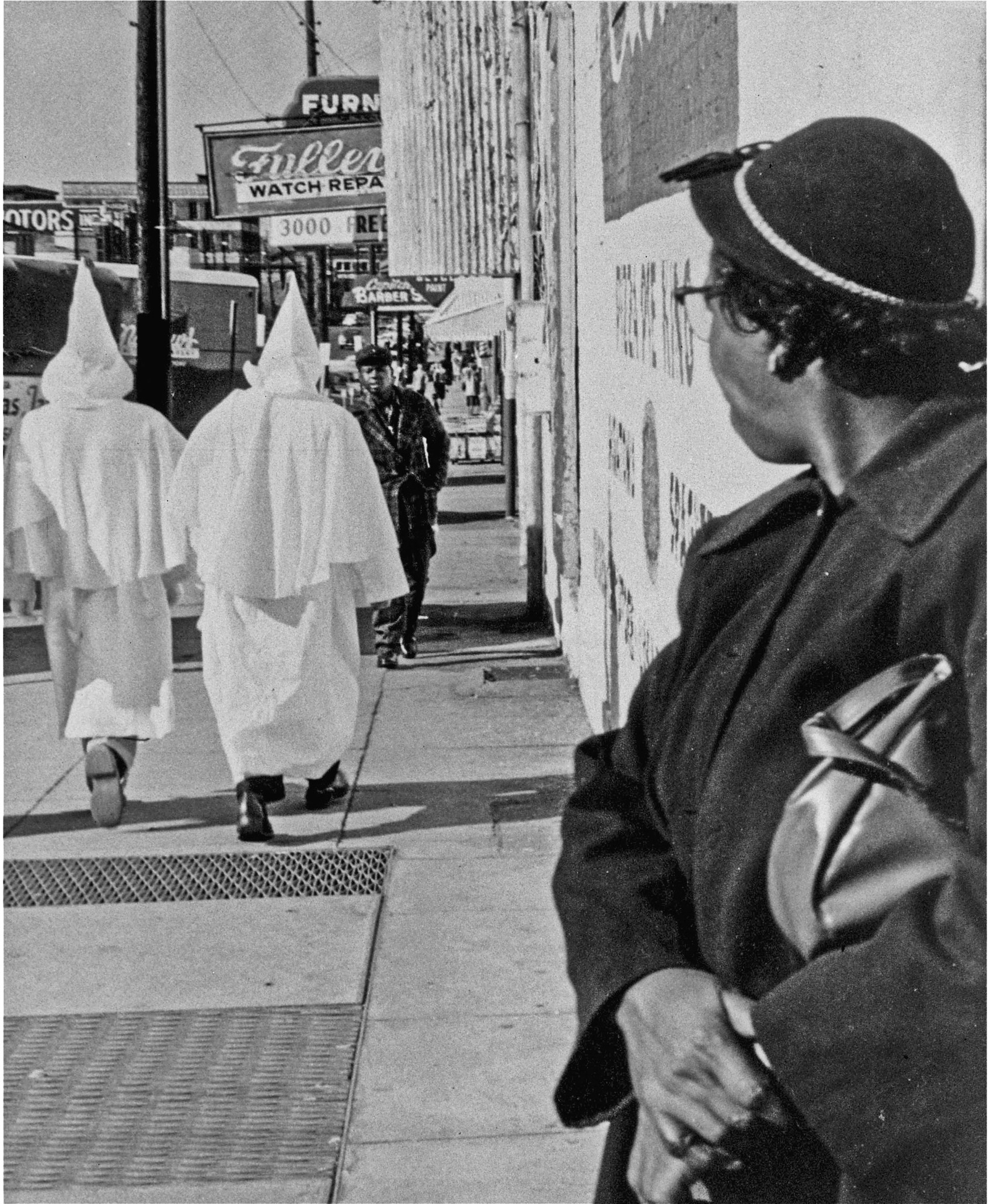
Ku Klux Klansmen on a stroll through downtown Montgomery, Alabama, in November 1956; they were promoting a nighttime cross-burning rally amid the boycott to end segregated bus service.
We were beaten. Tear-gassed. Bullwhipped. On this bridge, some of us gave a little blood to help redeem the soul of America.
J OHN L EWIS , on the Edmund Pettus Bridge, commemorating the Bloody Sunday march of 1965
H IS STEPS WERE SLOW, careful, precarious. But John Lewis knew the way, and his gaze was steady, even peaceful, as he took in the old steel ramparts above his head and the brown asphalt under his feet. It was a Sunday in March 2020, on the Edmund Pettus Bridge in Selma, Alabama, not unlike that first, fabled Sunday, fifty-five years before. Then as now, the breeze was cool, the late-winter sun soft, and the water below silent and swirling. The civil rights hero and longtime U.S. congressman from Atlanta was back again, walking the old path, his mind a mix of past and present. Once stocky from endless church suppers and innumerable political picnics and banquets, he was now frail and thinshockingly so to friends accustomed to his familiar girth, a thickness of body that had made him so reassuringly solid, so central, so orienting, so much John Lewis. The weight loss was not a matter of choice, but of afflictionthe worst kind of affliction, the result of cancer that had attacked his pancreas. Yet here he was, just weeks after his eightieth birthday, smaller but unbowed, standing once more above the Alabama River.
He led his fellow pilgrims up the bridge. They sang, inevitably, a few verses of We Shall Overcome. Lewis knew the song was important, just as days like these were important. They brought the story to life. As the years passed, he worried that the civil rights movement was receding into myth and legend. The battles of more than a half century ago could seem as distant as Agincourt or Antietam. The last chapter of Lewiss life, then, was about history and hope, remembrance and renewal. His message was consistent: If the young people of the Southyoung black people, young women, young mencould change the world then, hed say, then we can do it again, now. There were these pilgrimages to Selma, to Montgomery, and to Birmingham, the commemorations, and, day in and day out, the fact of being John Lewis, a man whose physical scars mirrored the wars of a nation. Quietly charismatic, forever courtly, implacably serene, he was charming about his effect on others. People come up to me in airports, they walk into the office, and they say, Im going to cry; Im going to pass out. And I say, Please dont pass out; Im not a doctor. He was, rather, a preacher and a prophet, a man of faith and of action.
Surrounded by civil rights veterans and members of Congress on that day in 2020, Lewis was handed a microphone. His frame may have been diminished, but his voice was not. That voice was still big and booming and passionatea surprise, often, to audiences who saw Lewis as a quiet man. He was quiet, though, only until he had something to say. And when he had something to say, he said it with the preacherly cadences hed honed delivering sermons to a flock of chickens on his familys tenant farm in Pike County, Alabamaa place, Lewis recalled, so small it was nearly impossible to find on a map.
It is good to be in Selma, Alabama, one more time, he said to the crowd, pausing between phrases, letting the words sink in. On this bridge just a few short years ago a few of the children of God started on a journey. Hed been one of themjust twenty-five years old and already, from the age of twenty, a bloodied soldier of the movement. Theyd been there, he recalled, because of his teacher in nonviolence, the Reverend James M. Lawson, who stood there still, in 2020, at the age of ninety-one. Theyd been there because of Martin Luther King, Jr., and Ralph D. Abernathy, and Lewiss fellow student activist Diane Nash. And theyd been there, Lewis told the other pilgrims, because of the saints of old.
There could be no more profound inspiration. In his Ad Martyras, Tertullian, the second-century Church Father, wrote that to face prison and death for the faith was a noble fate. The real prison was sin and injustice; to love in the face of hate was the deepest call of the Lord Himself. Prison, Tertullian wrote, is full of darkness, but you yourselves are light; it has bonds, but God has made you free. To Tertullian, the blood of the martyrs was the seed of the church.
To John Lewis, the truth of his lifea truth he had lived out on that bridge in 1965was of a piece with the demands of the gospel to which he had dedicated his life since he was a child. He was moved by love, not by hate. He was as important to the founding of a modern and multiethnic twentieth- and twenty-first century America as Thomas Jefferson and James Madison and Samuel Adams were to the creation of the republic in the eighteenth century. This is not hyperbole. It is factobservable, discernible, undeniable fact.
On this anniversary, Ralph and Juanita Abernathys daughter Juandalynn took the microphone from Lewis and broke into a hymn of the movement:
Oh freedom, oh freedom, oh freedom over me
And before Id be a slave, Ill be buried in my grave,
And go home to my Lord and be free.
No more mourning, no more mourning, no more mourning over me
And before Id be a slave, Ill be buried in my grave,
And go home to my Lord and be free.
Listening intently, his eyes and ears taking everything in, Lewis simply said, God bless you.
Hed heard the song before. Hed seen the sights before. Hed walked this pavement before. On Sunday, March 7, 1965, in a planned march from Selma to Montgomery to protest the systematic exclusion of African Americans from the voting boothin violation of the Fifteenth Amendment to the Constitution, still flagrantly ignored in the American South a century onLewis and his friend Hosea Williams were stopped by Alabama authorities at the foot of the bridge. Some on horseback, all wielding weapons, the white officers charged the column of nonviolent marchers. Get em! one white woman cried out.
Font size:
Interval:
Bookmark:
Similar books «His Truth Is Marching On: John Lewis and the Power of Hope»
Look at similar books to His Truth Is Marching On: John Lewis and the Power of Hope. We have selected literature similar in name and meaning in the hope of providing readers with more options to find new, interesting, not yet read works.
Discussion, reviews of the book His Truth Is Marching On: John Lewis and the Power of Hope and just readers' own opinions. Leave your comments, write what you think about the work, its meaning or the main characters. Specify what exactly you liked and what you didn't like, and why you think so.

